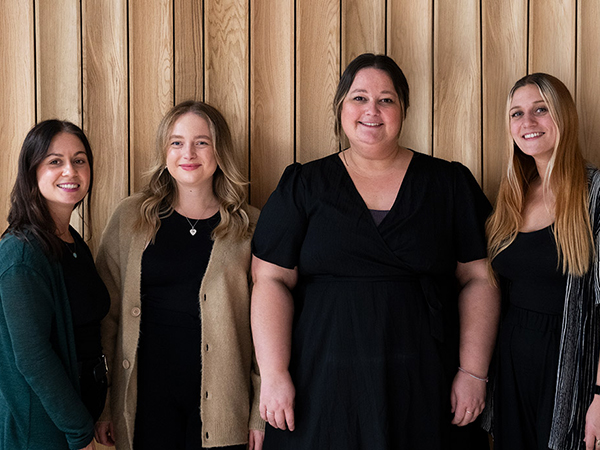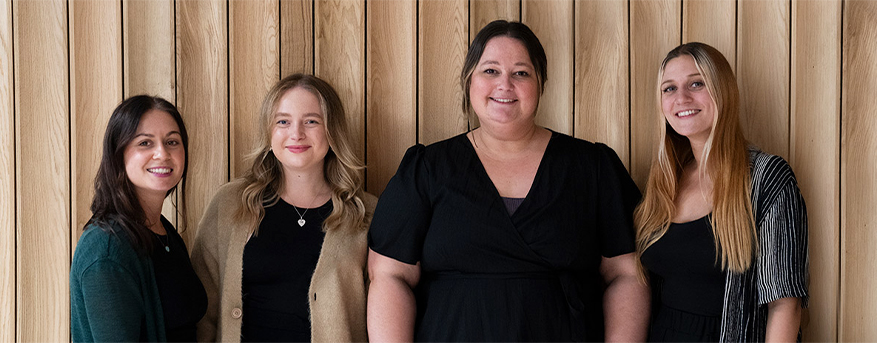![Best time to visit Zimbabwe]()
You can see spectacular wildlife and landscapes all year round here.
![Zimbabwe travel guide]()
Zimbabwe has been turned upside down and inside out since gaining independence in the 1980s.
![Zimbabwe map & highlights]()
Don’t be fooled into thinking that the only thing to see in Zimbabwe is Victoria Falls.
![Things to see & do in Zimbabwe]()
From river rafting to going on safari, climbing mountains to jumping off bridges, Zimbabwe keeps you on your toes.
![Wildlife in Zimbabwe]()
You may feel that nothing roars louder than Mugabe, but then you remember that the real roar is from Zimbabwe wildlife.
![Safaris in Hwange National Park in Zimbabwe]()
Famed for its enormous elephant population, Hwange has emerged from difficult times.
![Great Zimbabwe National Monument]()
Discover the history and significance of Zimbabwe’s ancient capital.
![Responsible tourism in Zimbabwe]()
Help ensure Zimbabwe's tourism grows sustainably, and with positive environmental impacts.



